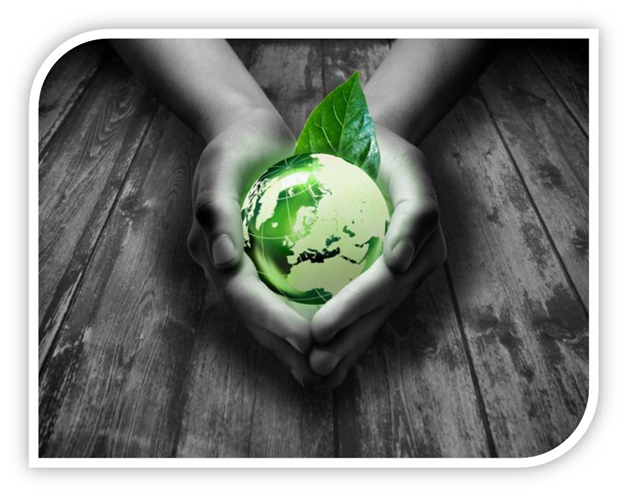Skip to main content
Supporting companies that do not harm the environment
Today, some companies are concerned about the environment. These companies look for ways to reduce their impact on the world around them through recycling, using less energy, and supporting conservation efforts in other countries. If consumers like you and your parents support these companies by buying their products and services, the environment will be better off.
One way to learn what companies have responsible practices is to ask a local environmental group or do research online. Beware that some companies try to mislead people about their environmental record. It’s best to seek independent opinions on the environmental practices of a company rather than relying solely on what a company states on its own web site.
Another way to learn which companies are making efforts to reduce their environmental impact is to check whether their products have been eco-certified, which means that an independent group has evaluated the environmental impact of its products. Examples of eco-certification initiatives are the Forest Stewardship Council (FSC) for wood products, the Roundtable on Sustainable Palm Oil (RSPO) for palm oil, and the Rainforest Alliance Marketplace for other products. None of these systems are perfect, but they are often better than the alternative: non-certified products. Be sure to do a little research about eco-certification, because sometimes companies use fake certification systems.
Some companies have established policies that exclude products produced by cutting down rainforests. For example, Nestle, Mars, and Kellogg's have promised that the palm oil they use will be free of deforestation.
Companies that support forest conservation directly
One way to determine the "eco-credentials" of a company is to learn whether it has has policies that minimize or "offset" the pollution it produces. In the near future, companies will be able to support rainforest conservation and "offset" emissions by sponsoring forest protection in tropical countries. The idea is called "avoided deforestation" or REDD (which stands for "Reducing Emissions from Deforestation and Degradation") and could become an important source of funds for global rainforest conservation.
For all the marketing around green, there's no escaping the fact that commerce wreaks havoc on the planet.
As the following list of the 15 worst companies for the environment makes very clear, there's also not much consumers can do to avoid the worst offenders.
The worst companies for the planet, as determined by Newsweek, are mostly utilities. It's hard to live without electricity. One of the few exceptions is ConAgra, the giant packaged food company. If you go to your kitchen right now odds are you'll find a ton of ConAgra products.
And it's not just our food and our energy that come from these environmentally unfriendly companies. Our pension funds and mutual funds are invested in them.
GreenBiz: An analysis of the publicly available data shows that the 50 largest investors in the companies receiving the lowest scores — those ranked 490 through 500 on Newsweek's list — include three leading public employee pension funds as well as major mutual funds that hold millions of Americans' retirement accounts, including (in alphabetical order) American Century, Fidelity, T. Rowe Price, TIAA-CREF, and Vanguard Group. All told, the 50 largest investors have sunk more than $55 billion into those worst-rated firms.
As Joel Makower at GreenBiz reports, all the money tied up in these companies is with institutional investors. If people are really worried about the environment, then they have to pressure these groups, even more than the companies themselves to get something done.
Until then, enjoy destroying the world










Comments